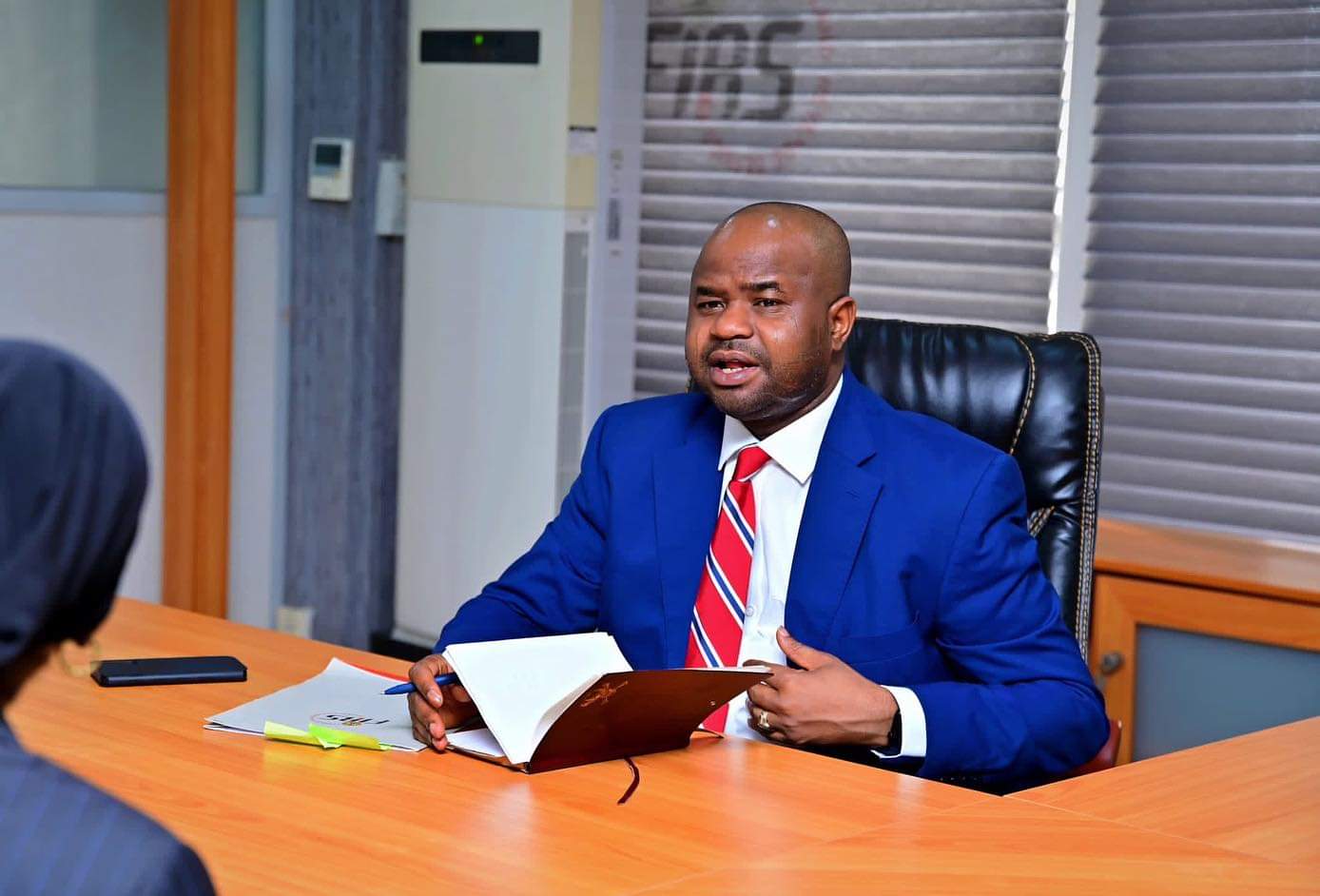Recently, the Federal Inland Revenue Service, FIRS, under the leadership of Zacch Adedeji, announced that it has granted full waiver on accumulated penalties and interest for accumulated tax liabilities. A notice personally signed by Adedeji, the executive chairman of FIRS, stated that the forgiveness of piled-up penalties and interests was “in recognition of the challenges that many taxpayers have faced in the settlement of their tax liabilities”.
This is somewhat reminiscent of the biblical story of Zacchaeus who was said to be a dishonest man whose curiosity led him to Jesus Christ and salvation. Interestingly, his name means “pure one” or “innocent” in Hebrew.
It was said that the smallish Zacchaeus had to climb a tree to catch a glimpse of Jesus passing by. Much to his astonishment, Jesus called Zacchaeus by name, telling him to come down from the tree. That very day, Jesus went home with Zacchaeus. Moved by Jesus’ message, the notorious sinner turned his life over to Christ and was never the same again.
Although the biblical story placed Zacchaeus as the recipient of grace and mercy, it was our Zacchaeus in FIRS that is today forgiving tax accumulated interest and penalties on tax liabilities. Adedeji knows the importance of forgiveness as an incentive to taxpayers whose default liabilities may be hampering their desire to offset their current tax obligations.
The biblical parable of the Pharisee and tax collector where in the tax collector, Jesus thought that humility pays better dividends that boastfulness. Because although the Pharisee could be said to be Godly and observes a strict code of holiness, his brashness, compared to the tax collector who humbled himself before God, declared himself a sinner and asked for forgiveness is more dear to God’s heart.
Zacchaeus Adedeji, our legal tax collector, whose job is designed and protected by law, same laws which prescribe punishment and penalties for tax default, has shown that he’s both humble and humane. Only a humble person with a heart of forgiveness will accept the gauntlet and waive what is by right and by law, a legitimate claim by the FIRS and by Nigerians.
Adedeji has repeatedly canvassed more flexible or even lesser and more unified taxes to abolish the problem of multiple taxation. For although taxes are are the oldest and most reliable source of income for government, Adedeji believes that its collection can be optimised using better approaches and plugging leakages rather than subjecting a few people to more crunching taxes while others find means of sidestepping that responsibility altogether.
Therefore, by deliberately relieving taxpayers of the burden of accrued penalties on taxes, the FIRS boss has shown that public service can also be a gateway to the service of God – a twin approach for service to God through service to country and the people.
It is no wonder then that the President Bola Tinubu has identified him for further responsibilities – to lead Nigeria’s drive towards a sustainable and eco-friendly environment. This is aimed at significantly reducing Nigeria’s carbon footprints and modernisation of the country’s transportation systems as part of a larger effort to position Nigeria and Africa as the pioneering frontier of green manufacturing and industrialization with a focus on natural gas as a transition fuel alongside other renewable energy sources.
Adedeji is to spearhead this transformative plan alongside the Director-General of the National Council on Climate Change (NCCC), Mr. Dahiru Salisu, to co-chair the Nigeria Carbon Market Activation Plan. Without doubt, any investment in climate friendly initiative is people-centric and therefore requires the leadership of people who have shown repeatedly that they are first looking out for the people before anything else.
Adedeji is almost lonely at the top of that pyramid. His commitment to turn FIRS into a data-driven business entity signals a desire to rely on insights to mainstream change rather than the previous blanket administration of regulations based largely on assumptions than anything else.
Individual Nigerians and corporate organisations must take advantage of this waiver to clear whatever baggage of tax backlogs they have been dragging with them. That’s the least to expect from a responsible clientele that has been given such grace without any strings attached.
Dakere, a development journalist, writes from Kaduna, Kaduna state




